Guiding Thought Question: Post the link to your finalized project in the space below.
Guiding Inquiry: How can we use the examples set by unique cultural groups to better understand larger global issues? Guiding Thought Question: In your opinion what is the largest factor that prevents people your age from spending more time outside? Explain. How could you foresee changing that?
Central Inquiry: How are people affected mentally and physically from their disconnect with nature and how can that be fixed?
|
Behavioral Science Course ForumWelcome to the Forum! Here is where you will be answering your daily warm-up questions. Please do not enter your last name for privacy reasons, and you may use a nickname if you would like (Just make sure Mr. Tredinnick is aware of the nickname you are using). Write out thoughtful responses to the forums on the days they are assigned. If you miss a day please take it upon yourself to complete the Forum you missed. Each Forum has the targeted Learning Objective(s) there so you can see what the focus of the day's class will be. Archives
May 2022
Categories |
- Home
-
Geography Courses
- Geography4Geographers
-
Archived Courses
- AP Comparative Government
- AP European History
- AP U.S. Government
- AP World History
- Art History
- Behavioral Science
- Economics
- Environmental Policy
- International Relations
- Minnesota History
- Psychology
- Sociology
- United States History
- U.S. Government
- World History (Fall Semester)
- World History (Spring Semester) >
- About
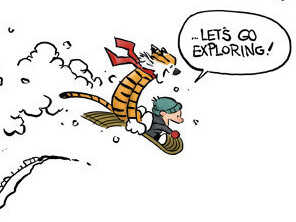
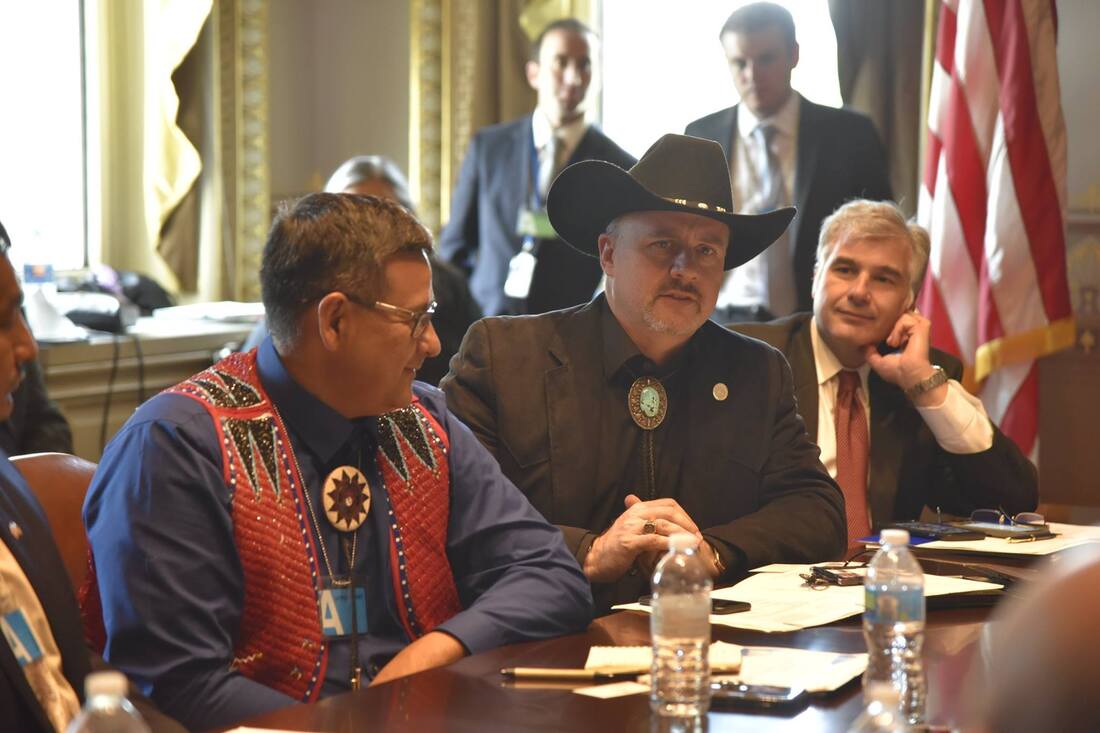
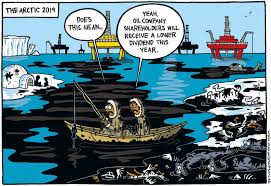
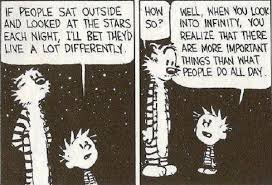
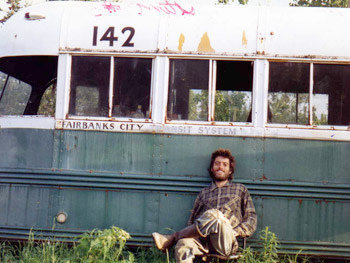

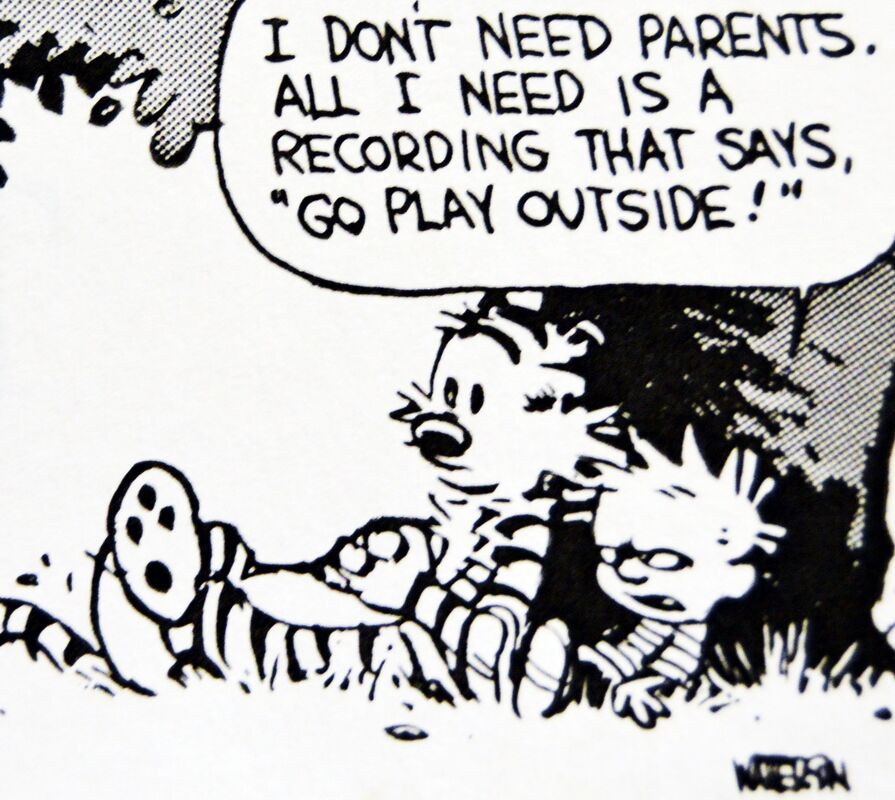
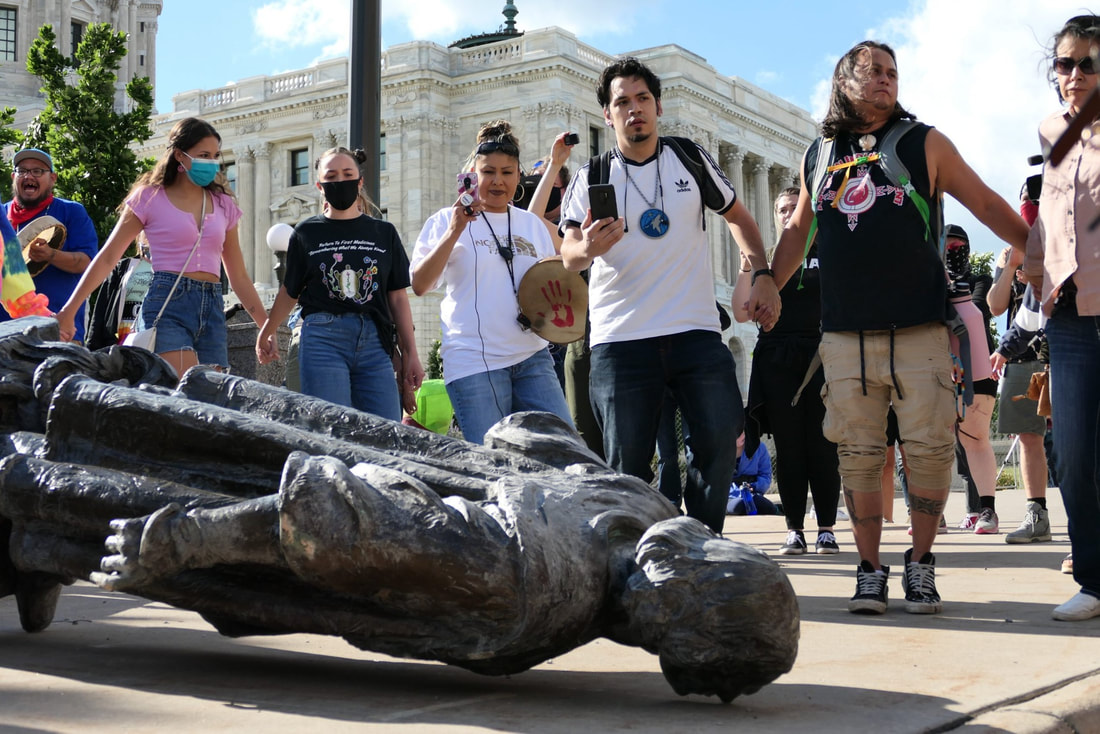

 RSS Feed
RSS Feed
